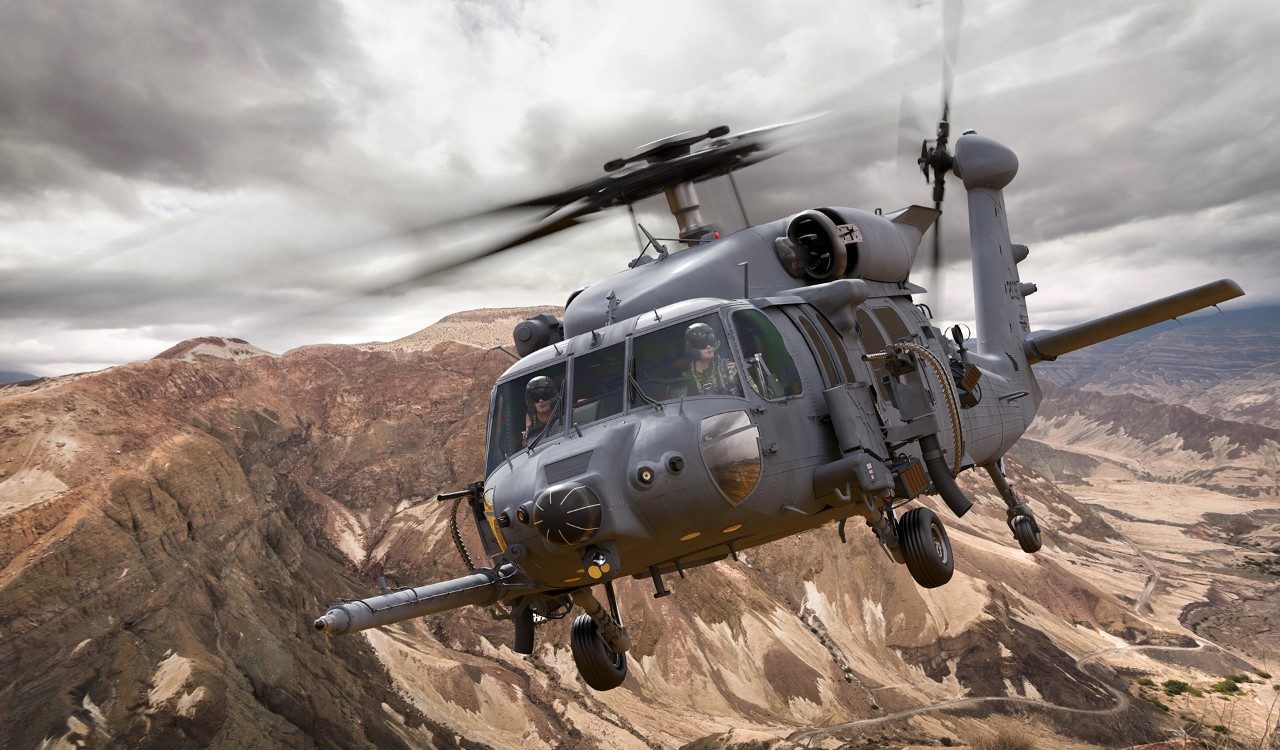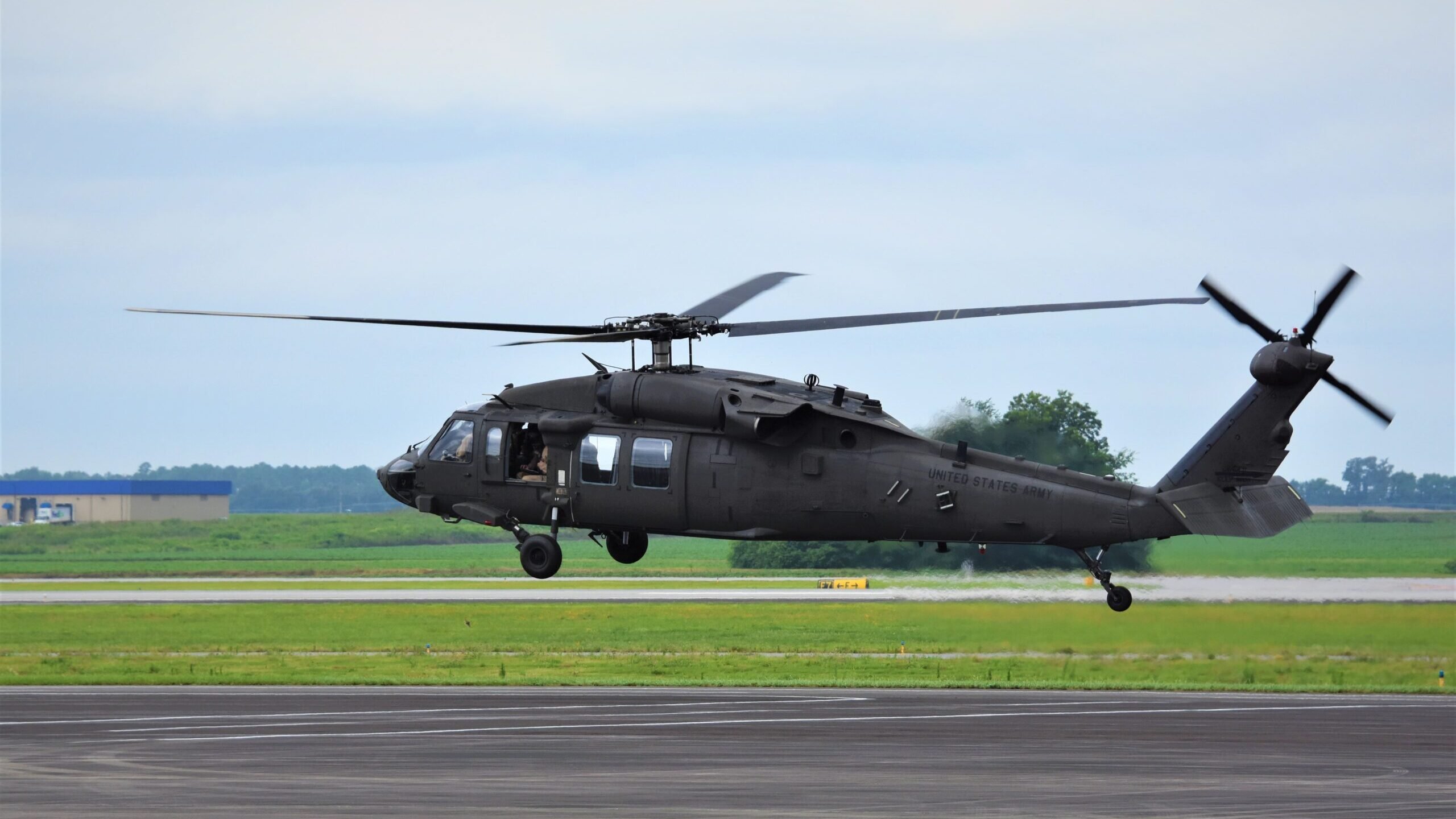UH 60 Black Hawk: From Concept to Modern Applications
UH 60 Black Hawk: From Concept to Modern Applications
Blog Article
The Impact of Sustainable Practices on the Future of Airplane Procedures and Emissions Reduction
As the air travel sector encounters increasing scrutiny over its environmental effect, the fostering of sustainable techniques emerges as a vital path towards future aircraft procedures and emissions decrease. Developments in lasting air travel fuels and innovations in hybrid propulsion technologies stand at the leading edge of this makeover, promising considerable decreases in greenhouse gas exhausts.

Review of Sustainable Practices
Sustainable practices in airplane procedures incorporate a series of techniques targeted at minimizing environmental influence while preserving functional effectiveness. These practices are essential in the aviation sector's commitment to reducing its carbon footprint and sticking to worldwide environmental criteria. Secret efforts consist of maximizing flight paths to minimize gas consumption, improving maintenance protocols to guarantee airplane run at peak performance, and implementing advanced modern technologies such as winglets and lightweight materials that improve aerodynamics.

Involving and training personnel on sustainability practices additionally play an essential duty, promoting a culture of ecological duty within organizations. Overall, the integration of these sustainable practices not only helps lower emissions however also improves the lasting practicality of the air travel field, ensuring it fulfills the demands of both customers and regulative bodies while adding to worldwide sustainability goals.
Ingenious Gas Alternatives
Countless cutting-edge gas alternatives are emerging as essential remedies to lower the aeronautics market's dependence on typical nonrenewable fuel sources. Among these alternatives, Sustainable Air travel Gas (SAFs) have actually gained significant attention as a result of their prospective to reduce lifecycle greenhouse gas discharges by as much as 80% contrasted to conventional jet fuels. SAFs are obtained from various feedstocks, consisting of waste oils, agricultural residues, and also algae, making them a versatile option for the industry.
An additional appealing choice is hydrogen gas, which, when made use of in fuel cells, produces just water vapor as a byproduct. Furthermore, electric propulsion systems are being discovered, leveraging battery innovation to power aircraft.
Last but not least, biofuels derived from biomass are being investigated, supplying a sustainable option that can be combined with standard gas. Jointly, these innovative gas alternatives represent a vital step towards achieving a lasting air travel environment, lining up with worldwide emissions decrease targets and boosting the market's environmental stewardship.
Technical Innovations in Aeronautics

Just how can technical developments reshape the future of air travel? Technologies such as electric and hybrid propulsion systems are at the leading edge, promising considerable decreases in gas consumption and greenhouse gas emissions.
Moreover, the application of innovative materials, such as light-weight composites, adds to enhanced the rules of aerodynamics and fuel efficiency. Using synthetic intelligence and equipment knowing in flight procedures enhances route preparation and reduces gas burn by allowing real-time changes based on weather condition and traffic problems. Additionally, the advancement of independent and remotely piloted airplane systems stands to revolutionize cargo and guest transport, potentially raising performance while minimizing human error.
In addition, lasting aviation innovations, consisting of advanced air web traffic administration systems, can minimize and enhance procedures blockage, leading to lower discharges throughout trip. These advancements collectively stand for a standard change in find more aviation, promising a future where sustainability and functional performance are intertwined, thus sustaining the sector's commitment to lowering its ecological influence.

Governing Structure and Compliance
Taking into account the expanding focus on ecological stewardship within the air travel industry, the governing structure governing airplane operations is evolving to advertise lasting techniques. Regulative bodies, such as the International Civil Aviation Company (ICAO) and numerous nationwide aeronautics authorities, are presenting rigid standards focused on minimizing discharges and improving functional efficiency.
These laws commonly include the fostering of Lasting Air travel Gas (SAF), which has been identified as an essential part in achieving reduced carbon footprints. Moreover, conformity with these policies calls for airlines to carry out functional practices and advanced modern technologies, such as maximized flight paths and boosted air traffic management, to lessen gas consumption.
Additionally, the enforcement of discharges trading systems and carbon balancing out initiatives is coming to be significantly common, engaging airlines to keep track of and report their discharges precisely. Non-compliance can cause substantial fines, hence pressing drivers to focus on sustainability in their organization versions.
Inevitably, the advancing governing landscape not just drives technology and financial investment in environment-friendly modern technologies yet additionally useful link fosters a culture of accountability within the aviation sector. As these structures proceed to establish, the concentrate on sustainable practices will be indispensable to attaining the market's long-lasting environmental goals.
Future Fads in Airplane Workflow
As the aeronautics market adapts to a significantly strict regulative atmosphere, future patterns in aircraft procedures are established to focus on ingenious solutions that additionally improve sustainability and efficiency - uh 60. Trick growths will likely consist of the fostering of advanced air traffic monitoring systems, which use real-time data and synthetic knowledge to enhance trip courses, reducing gas consumption and discharges
Another significant fad is the raised combination of lasting aviation gas (SAFs) These choices to traditional jet gas, derived from sustainable resources, can considerably reduce lifecycle greenhouse gas discharges. The industry's commitment to SAFs will likely speed up as airlines collaborate with fuel producers to make sure availability and cost-effectiveness.
Furthermore, the press towards electrification and crossbreed propulsion systems is obtaining energy. Emerging airplane layouts will include these technologies, providing quieter and extra efficient procedures, specifically for short-haul flights.
Final Thought
In final thought, the assimilation of sustainable methods in airplane procedures holds substantial possibility for emissions reduction and improved performance. The adoption of lasting aviation fuels, combined with innovations in electrical and hybrid propulsion systems, is important for lessening lifecycle greenhouse gas exhausts. Optimizing flight paths and welcoming cutting-edge technologies contribute to a quieter and more eco friendly aeronautics field. Jointly, these efforts line up with international sustainability goals and lead the way for a greener future in air travel.
Developments in lasting air travel fuels and developments in hybrid propulsion modern technologies stand at the leading edge of this transformation, appealing considerable reductions in greenhouse gas exhausts.Countless ingenious fuel choices are emerging as pivotal services to decrease the aeronautics industry's reliance on typical fossil gas - uh 60. Amongst these options, Sustainable Air travel Gas (SAFs) have actually obtained considerable attention due to their prospective to decrease lifecycle greenhouse gas exhausts by up to 80% compared to standard jet fuels.An additional significant pattern is the increased assimilation of sustainable aeronautics gas (SAFs) The fostering of sustainable aeronautics fuels, paired with innovations in hybrid and her comment is here electric propulsion systems, is necessary for decreasing lifecycle greenhouse gas exhausts
Report this page